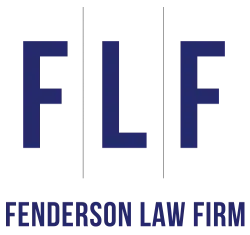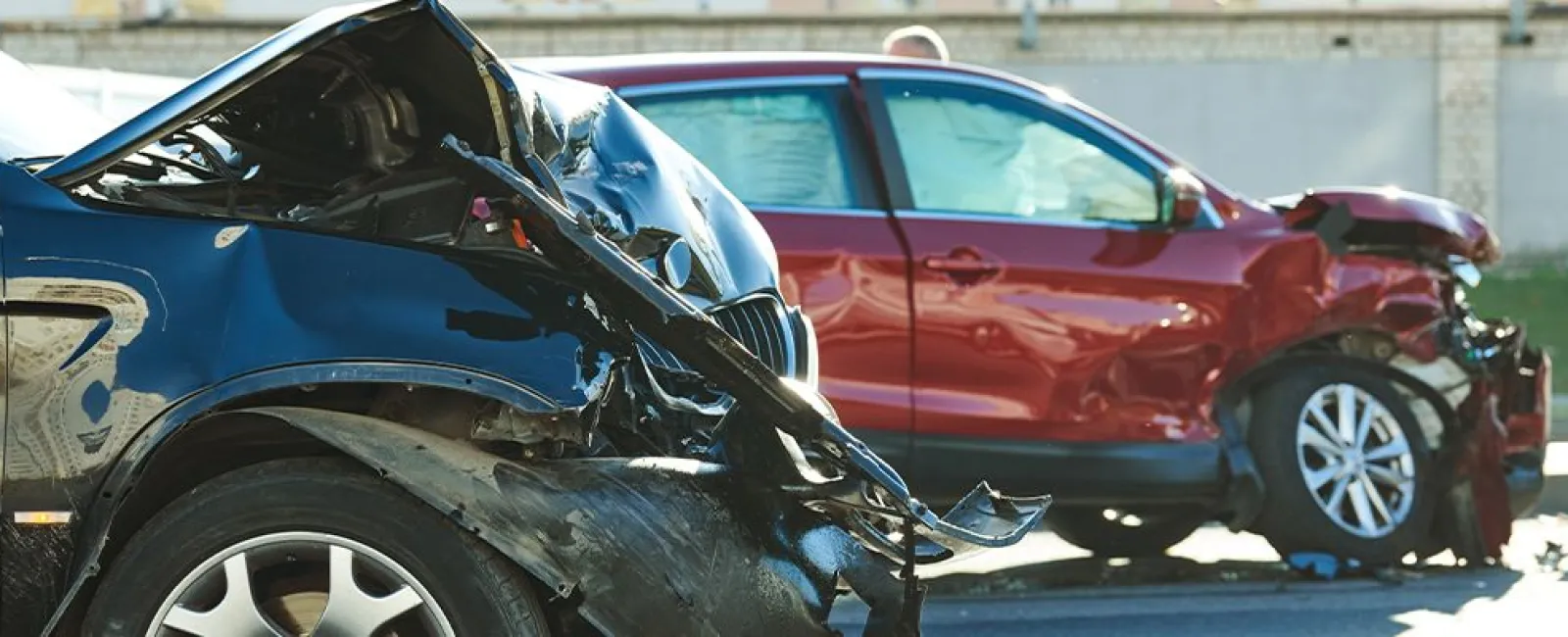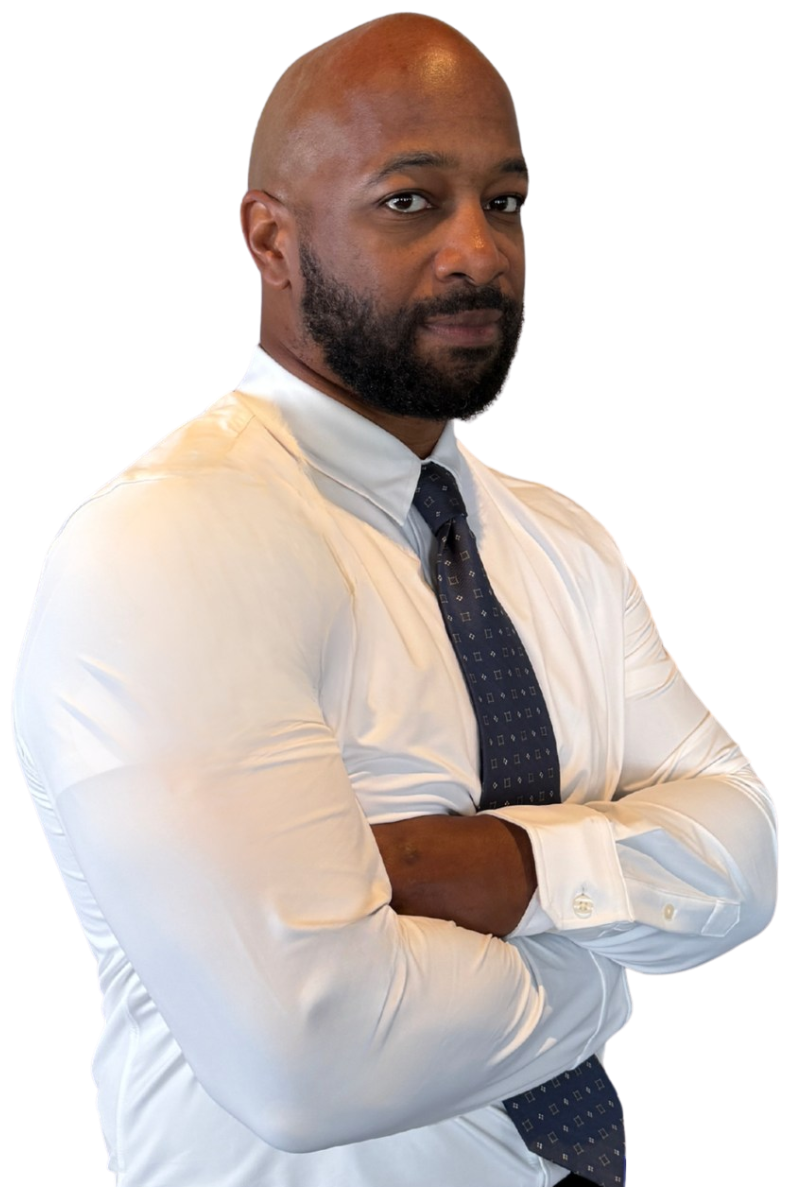Taking the right actions after a car accident is crucial, not only for your safety but also for preserving evidence and supporting any potential legal claims. From verifying everyone's well-being to documenting the scene, the steps you take can significantly impact your recovery process and legal outcomes.
At Fenderson Law Firm, we've helped countless clients in Orlando and Jacksonville, Florida, deal with the aftermath of car accidents. Gordon Fenderson and our firm is dedicated to guiding you through these challenging moments and protecting your rights. Read on to understand how to handle a car accident effectively and safeguard your personal injury claim.
Prioritize Safety
The first thing to do after a car accident is to prioritize everyone's safety. Move to a safe location if possible, but only if it's safe to do so. Turn on your hazard lights to alert other drivers and prevent further accidents.
Check yourself and others involved for injuries. If anyone is seriously injured, call 911 immediately and provide as much information as you can to emergency responders. Even if injuries aren't apparent, seeking medical attention is always a wise choice to rule out hidden injuries.
If your vehicle cannot be moved, stay inside with your seatbelt fastened until help arrives. This reduces your risk of being struck by passing traffic. Remaining calm and focused will help you take the next necessary steps efficiently.
Document the Scene
Gathering information at the accident scene can make a significant difference in building a strong case. The details you collect will serve as evidence for your personal injury claim.
Some key factors to keep in mind include:
Photographs: Take clear pictures of vehicle damage, the surrounding area, and any visible injuries. Include traffic signs, road conditions, and skid marks to provide context.
Witness information: Collect contact details from anyone who witnessed the accident. Ask them if they'd be willing to provide a statement.
Police report: Verify the police file an official report, as this document is often critical in legal proceedings.
The more comprehensive your documentation, the easier it will be to support your claim and address disputes about the events leading up to the accident.
Exchange Information
Exchanging information with the other driver is another vital step. Be sure to gather their name, contact details, insurance information, and vehicle registration. It's also helpful to note the make, model, and license plate number of their car.
If there are passengers involved, try to collect their contact information as well. Their accounts may be valuable during legal proceedings. Keeping your interactions professional and avoiding heated discussions will help you stay focused on what's important.
Notify Law Enforcement
In Florida, contacting law enforcement after a car accident is often required by law, particularly if there are injuries or significant property damage. Having a police officer at the scene helps verify an accurate account of the incident.
The police report can provide an unbiased perspective of the accident, including statements from both drivers and witnesses. This report often serves as a foundational piece of evidence in personal injury cases. If you're unable to contact the police immediately, file a report at the nearest station as soon as possible.
Seek Medical Attention
Seeking medical attention after a car accident is essential, even if you feel fine. Some injuries, such as whiplash or internal trauma, may not present symptoms immediately. A medical evaluation makes sure any hidden injuries are identified and treated promptly.
Medical records from your evaluation will also play a critical role in your personal injury claim. They provide proof of your injuries and establish a connection between the accident and your medical condition.
Delaying medical attention can weaken your claim, as insurers may argue that your injuries weren't caused by the accident. By seeing a doctor promptly, you're protecting both your health and your legal rights. Additionally, following your doctor's recommended treatment plan strengthens your case by demonstrating your commitment to recovery.
Report the Accident to Your Insurance Company
Notifying your insurance company about the accident is a necessary step in the process. Most insurance policies require prompt reporting to maintain coverage. Provide them with accurate and honest details about the accident but avoid making speculative statements about fault or injuries.
Your insurance company will likely begin its investigation into the accident shortly after your report. While cooperating with their inquiries is important, it's also wise to consult a car accident attorney before making any recorded statements.
Informing your insurer doesn't mean you have to accept their initial evaluation of your claim. Having legal representation can help you challenge lowball offers and make sure your rights are upheld.
Be Cautious With Insurance Adjusters
Insurance adjusters may contact you soon after the accident to gather information or offer a settlement. While their role may appear helpful, remember that their priority is minimizing the insurance company's liability.
Some key factors to keep in mind include:
Recorded statements: Avoid providing recorded statements without consulting an attorney first. Anything you say could be used to undermine your claim.
Settlement offers: Initial settlement offers are often lower than what you may be entitled to. Don't feel pressured to accept without reviewing the offer carefully.
Legal guidance: An attorney can help you evaluate any offers and negotiate for fair compensation.
By exercising caution with insurance adjusters, you can avoid jeopardizing your personal injury claim and strengthen your chances of receiving appropriate compensation.
Preserve Evidence
Preserving evidence after a car accident is critical for building a strong case. This includes keeping records of medical bills, repair estimates, and any communication with insurers.
Additionally, maintaining a journal of your recovery process can provide valuable context for your personal injury claim. Document how your injuries affect your daily life, including physical pain, emotional distress, and limitations on your activities.
If your vehicle is deemed a total loss, keep records of its market value and repair history. These details can be essential when negotiating settlements or filing a claim for property damage.
Understand Florida's No-Fault Laws
Florida operates under a no-fault insurance system, which means that your own insurance company typically covers medical expenses and lost wages regardless of who caused the accident. Personal Injury Protection (PIP) coverage is a requirement for all Florida drivers.
While PIP covers a portion of your damages, it may not fully compensate you for severe injuries or significant financial losses. In such cases, filing a personal injury claim against the at-fault driver may be necessary to recover additional compensation. Knowing how no-fault laws interact with personal injury claims is crucial for securing the compensation you deserve.
No-fault insurance does have its limits, and understanding when and how to pursue additional claims requires careful consideration. Consulting an attorney helps you determine the most effective strategy for your situation.
Consult with an Attorney
Working with an experienced personal injury attorney can make a significant difference in the outcome of your case. Gordon Fenderson and our firm at Fenderson Law Firm are here to guide you through every step of the process, from gathering evidence to negotiating with insurers.
An attorney can help you understand your rights, evaluate the full extent of your damages, and determine the best course of action for pursuing compensation. With legal representation, you'll have an advocate who is dedicated to protecting your interests.
Attorneys also handle the burden of legal paperwork and communications, allowing you to focus on your recovery. This support assures that every detail of your case is managed effectively.
Contact Fenderson Law Firm Today
If you've been involved in a car accident, don't face the aftermath alone. Whether you're in North Florida, Jacksonville, Pensacola, Tallahassee, Gainesville, Ocala, Panama City, Orlando, Tampa, St. Petersburg, Clearwater, Lakeland, Deltona, or Largo, Fenderson Law Firm is here to help. Contact Gordon Fenderson today to discuss your personal injury claim and take the first step toward recovery.


